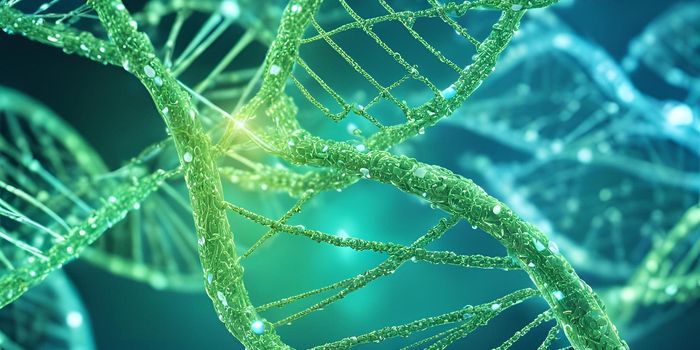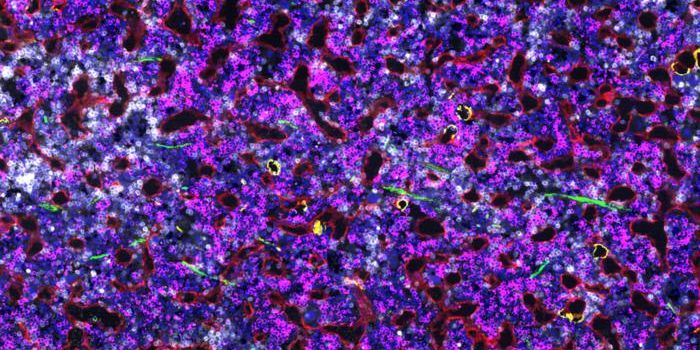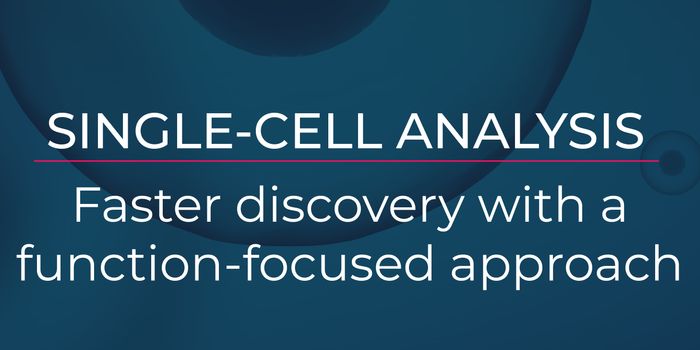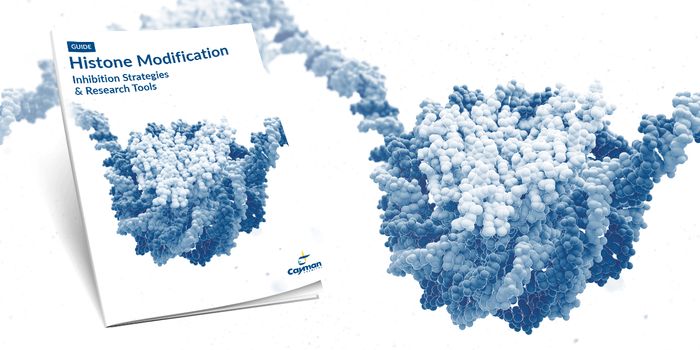In what sounds like an epic fantasy battle between good and evil, researchers at the University of Manchester, UK found that
cancer cells don’t act alone, but can coerce healthy cells to join the ‘dark side.’ The power of coercion lays in the mutated version of a cancer driver gene called KRAS, which allows cancer cells to persuade healthy cells to secrete growth signals to enable their uncontrolled proliferation. The study provides new information about how cancer cells affect healthy cells, and how this communication loop could be exploited in future cancer treatments.
The
KRAS gene encodes a protein that’s part of a signaling pathway known as the RAS/MAPK pathway, which is involved in cell division and differentiation. Because of its functions in cell growth, mutations in
KRAS are often associated with many types of cancers. In particular, the researchers were interested in pancreatic ductal adenocarcinoma, a form of pancreatic cancer whereby
KRAS mutations are found over 90% of the time.
Using cells that carry
KRAS mutations, the team analyzed the secreted signals from the tumor cells. These signals included growth factors, cytokines, and receptors, which influenced the regulation of nearby cells. In particular, when they looked at the relationship between a healthy cell nearby a tumor cell, the team noticed that healthy cells were persuaded to respond in an unexpected way – they secreted growth factors for the cancer cells’ use. With the signals from the healthy cells, cancer cells doubled the potential of
KRAS to become even more malignant.
“What our research underlines is that cancer cells do not drive the growth and spread of tumors alone – they can bully their healthy neighbors into helping them,” said Chris Tape, Sir Henry Wellcome Research Fellow at the Institute of Cancer Research, and first study author.
The cells susceptible to the cancer cells’ influence were stromal cells, which include fat and connective cells that provide structural support for tissues and organs. The communication loop between cancer cells and stromal cells effectively coerces these healthy cells to become cancer’s unwitting allies.
And knowing how this happens could be key to finding new drug targets. “Some pancreatic tumors have more healthy stromal cells within them than they do cancer cells, so understanding how cancer cells turn their neighbors into allies is critically important. We have discovered exactly how cancer cells can persuade stromal tissue to secrete key growth signals, and in doing so opened up exciting new possibilities for treatment," said Tape.
Additional source:
ICR UK,
MNT









